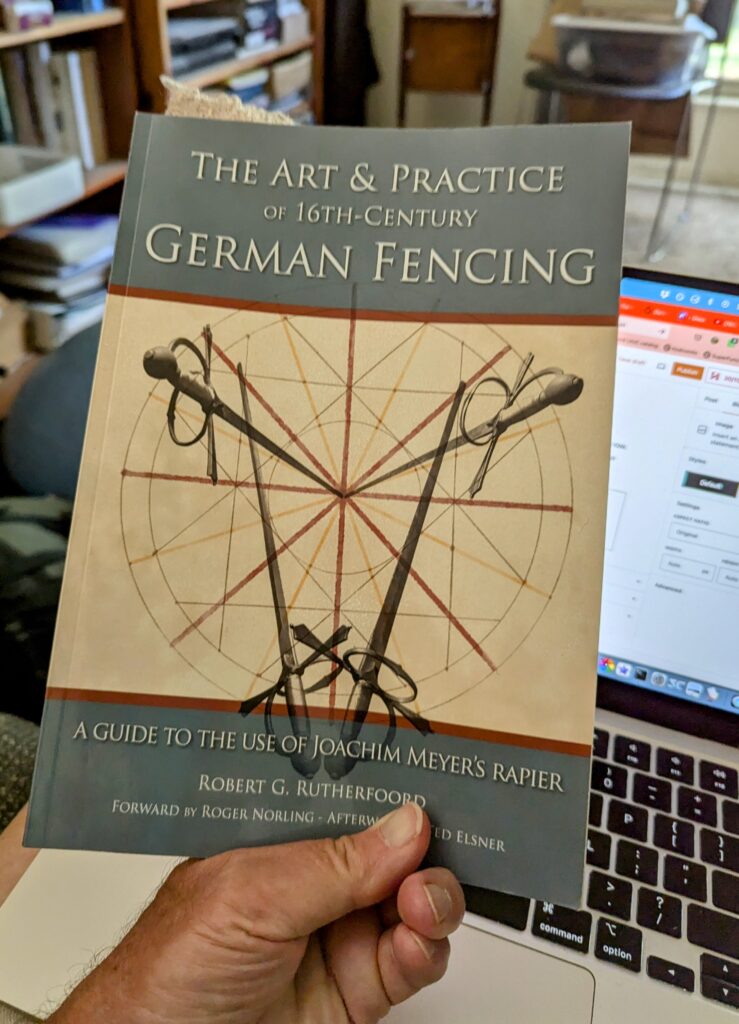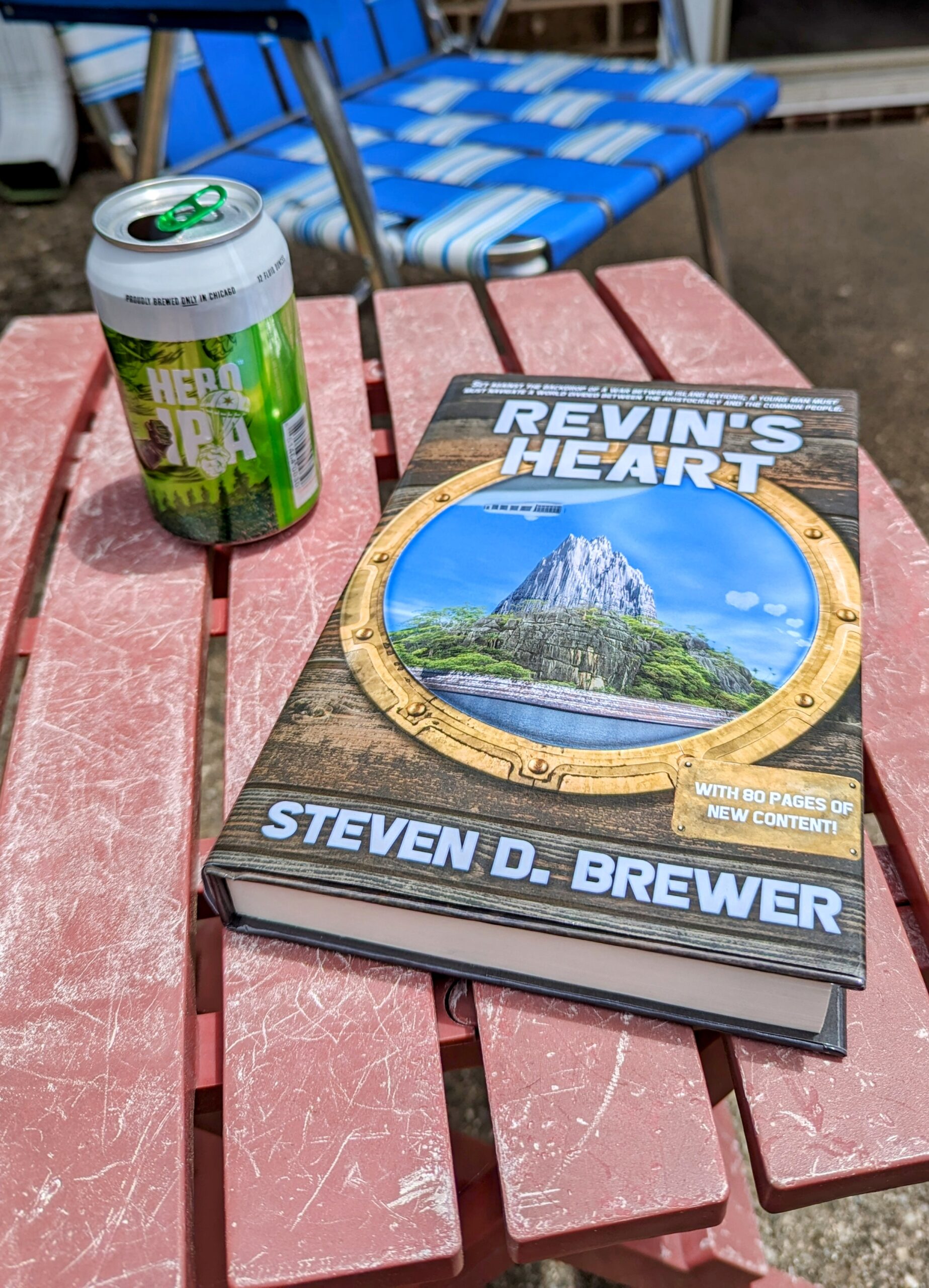Everybody knows that you come to be like the people you hang out with, and most people understand that you can take advantage of this to improve your life. If you want to be more productive, hang out with productive people. If you want to be an intellectual, hang out with intellectuals. If you want to be healthy, hang out with healthy people.
I rather suspect this last is something hardwired in our brains, probably explaining part of the stigma faced by people who are disabled or disfigured. Probably strongly selected for in circumstances where infectious disease is a major cause of mortality.
I have always assumed that this is primarily mediated by lifestyle, with the shift largely produced by adopting pieces of the lifestyles of the people you hang out with. Hanging out with people who read a lot normalizes reading a lot. Hanging out with runners normalizes taking up running.
It should have been obvious—maybe it is obvious to everybody else—but it only recently occurred to me that a large part of this may well be mediated by microbiomes.
Your microbiome will shift to converge with the microbiome of people you hang out with. (Of course, theirs will also shift to converge with yours.) If you share meals with someone, your intestinal microbiome with shift toward theirs—probably more so and more quickly if you share a kitchen, utensils, or food prep tasks, and probably more so yet if you share a bathroom. If you share a touch with someone, your skin microbiome will shift—again, more so and more quickly if you share a bed with them.
Actually, an anecdote on this last: When I met Jackie she had a fungal infection of the skin that she’d picked up in India, and that had persisted for years. She treated it with tolnaftate, which worked adequately to knock it down when it became annoying, but had not cleared it up, either in India or after she came home. However, a few years after we got married I noticed that it seemed to be gone. With no evidence whatsoever, I’m inclined to take credit for this, figuring that my skin microbiome contributed useful organisms that her skin microbiome integrated in a way that eventually let it displace the fungal organisms.
So far, all the efforts to find an “optimal” microbiome have foundered, probably because the problem is intractably complex, being inextricably connected with the genes of the host, multi-generational epigenetic history, the immune system (and its lifetime history of chemical and biological insults), along with all the obvious factors—what organisms initially seeded the microbiome, history of antibiotic use, diet, etc.
Because of that, I’m much less interested now in interventions such as probiotics. More and more I’m inclined to prefer what used to be pretty obvious: Trust your immune system to cultivate a healthy microbiome (and hang out with healthy people to give it a little extra to work with).








